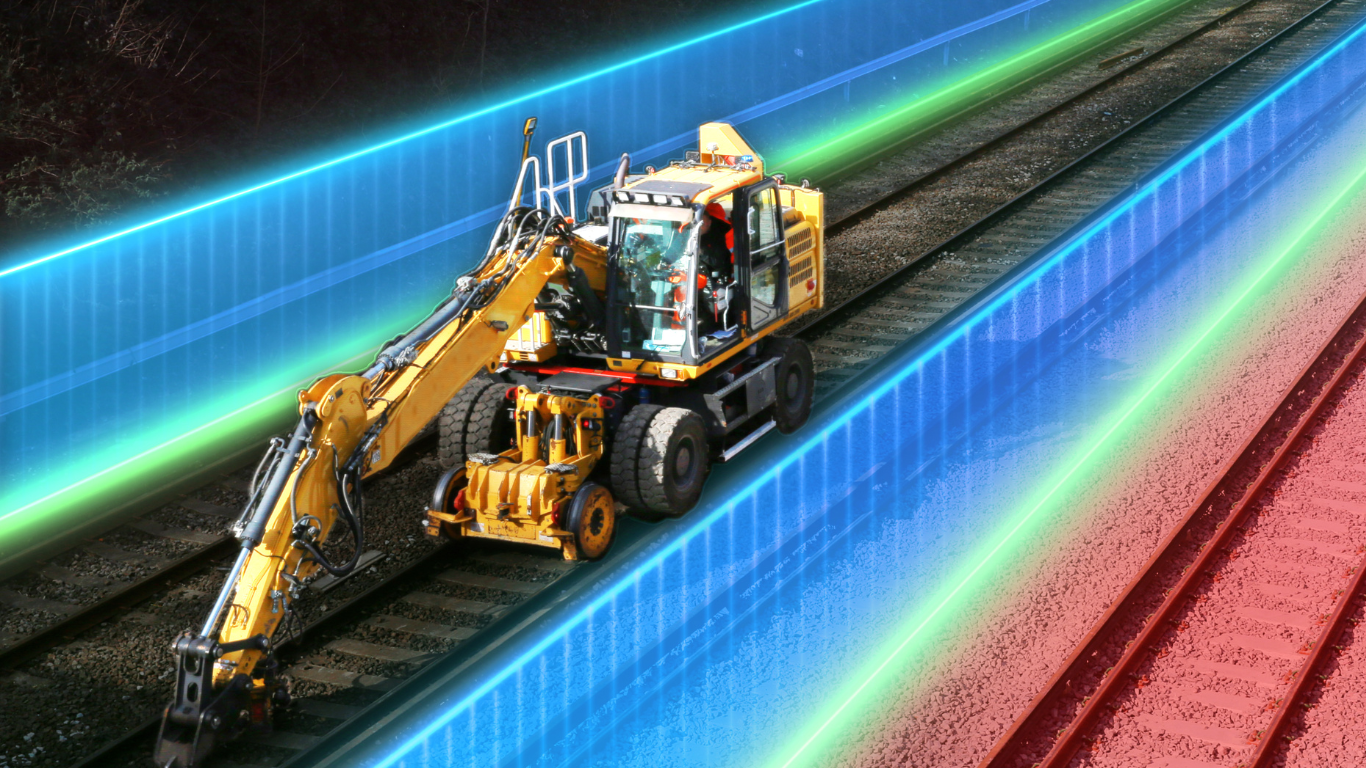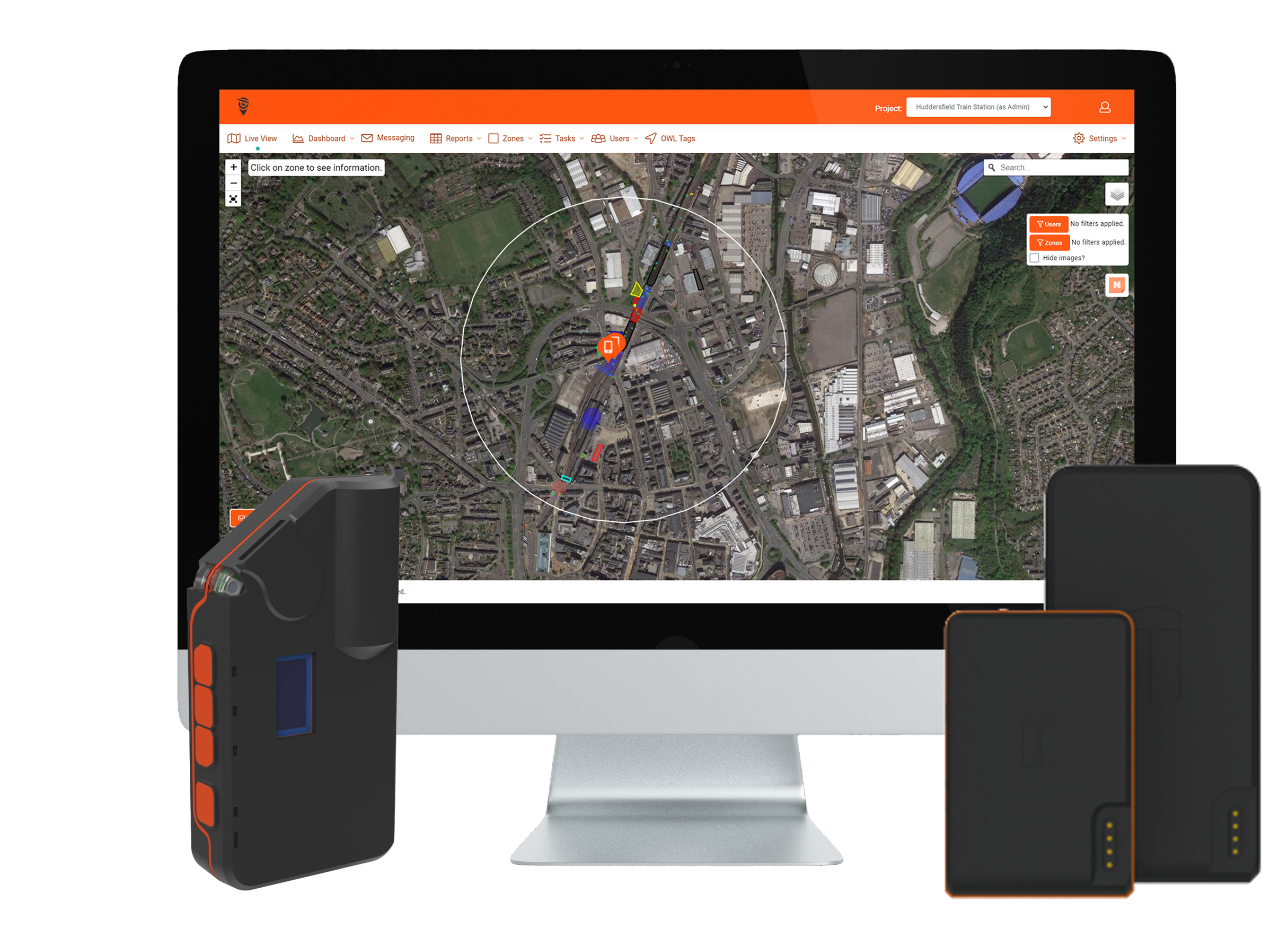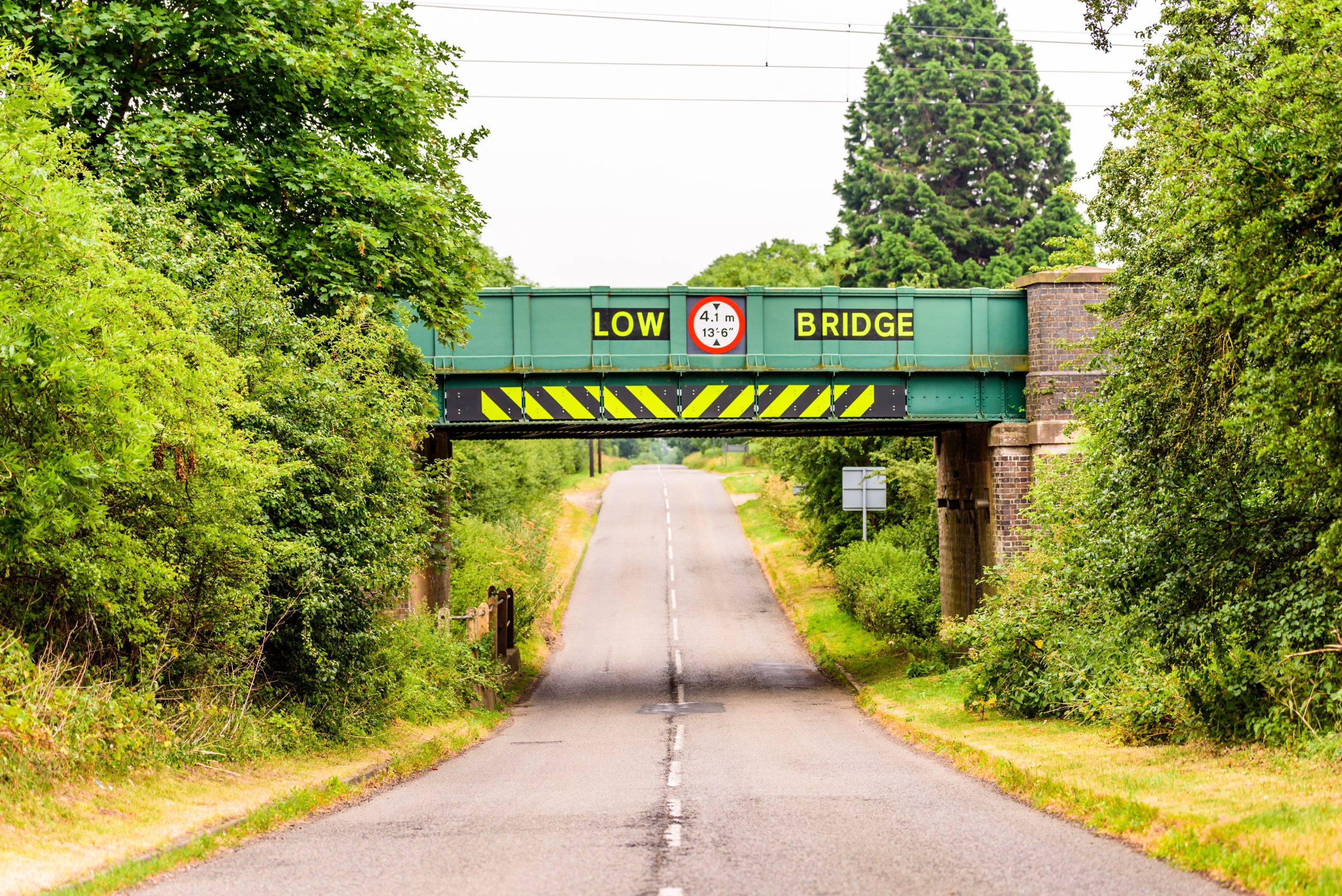The construction industry is a complex and dynamic sector that requires constant communication between workers, Contractors, Designers, Project Managers and other stakeholders. Work sites are often large and spread over a wide area, making communication a critical aspect of construction site operations. A reliable communication network is essential to ensure that workers can communicate effectively and coordinate their activities to ensure the project’s success.
The Demands of Construction Communications
Construction communication networks must be able to support a variety of activities on the site, including data-intensive applications like Building Information Modelling (BIM) and real-time monitoring of activities. BIM, in particular, is a vital tool used by construction companies to manage construction projects effectively. It requires high-bandwidth networks to store, share, and process large amounts of data and enables project managers to collaborate with various stakeholders to coordinate construction activities.
In addition to BIM, companies also rely on communication networks for video conferencing, email, document sharing, and other data-intensive applications. These applications require a robust and reliable communication network that can provide high-speed internet connectivity and seamless coverage throughout the construction site.
Moreover, communication networks on construction sites need to be mobile and flexible, as workers are constantly on the move. Workers need to communicate with each other, regardless of their location and have access to real-time updates and information about the project’s progress. A reliable and mobile communication network is essential to ensure that workers can communicate and coordinate effectively, increasing productivity and efficiency on the construction site. Future use cases such as the widespread use of Connected and Autonomous Plant will only fuel the need for connectivity further.
Overall, the construction industry requires robust and reliable communication networks to support a variety of activities on the site. A reliable communication network is necessary to ensure effective coordination between stakeholders, increase productivity and efficiency, and ensure the success of projects.
Meeting the Demands
Construction communication networks are critical for effective coordination and communication on construction sites. They must meet several demands to ensure that the communication networks are robust, reliable, and effective. Here’s an expanded version of the key demands of construction communication networks:
High Bandwidth
Construction sites require high-bandwidth networks to support data-intensive applications such as Building Information (BIM), video conferencing, and real-time monitoring of activities. These applications require large amounts of data to be transferred quickly and reliably, and a high-bandwidth network can ensure that the data transfer is smooth and uninterrupted.
Wide coverage area
The construction site is often spread over a large area, and the communication network must cover the entire site, including remote areas. Workers should be able to communicate with each other regardless of their location, and a communication network with a wide coverage area can ensure seamless communication between workers.
Mobility
Workers on sites are constantly on the move, and the communication network must provide seamless connectivity regardless of their location. The network must be designed to support mobile devices such as smartphones and tablets, and workers should be able to connect to the network from anywhere on the site.
Security
Construction sites are prone to theft and vandalism, and the communication network must be secured to protect against unauthorized access and data breaches. The network must have robust security protocols in place to ensure that sensitive information is protected from potential threats.
Reliability
The communication network must be reliable and able to withstand the challenging site conditions, such as extreme temperatures, dust, and vibration and remain operational even in challenging circumstances.
Scalability
The communication network must be scalable to accommodate the changing needs of the construction project, such as significant variations in device users and or to support new applications or requirements as the project progresses.
Communication networks must be designed with a focus on providing reliable, secure, and high-performance connectivity to support construction activities. It’s important to choose a communication partner who can deliver communication solutions that meet these demands and can support their project’s success.
No matter your industry, Onwave can help define the solution to keep you online and connected, always.






